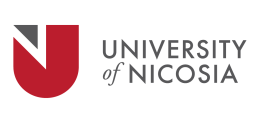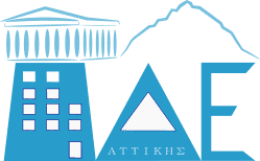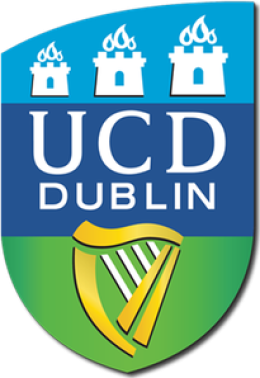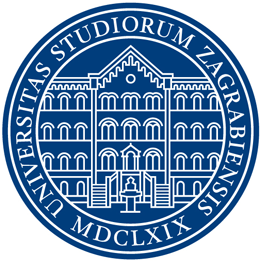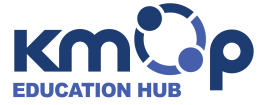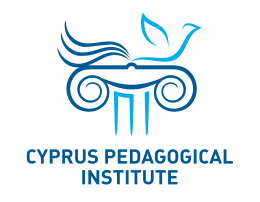About TINKER
TINKER (an auThentIc learNing and gender inclusive frameworK for tEaching infoRmatics in schools across Europe) project aims to revolutionise informatics education in upper primary and lower secondary schools through a comprehensive pedagogical framework. Rooted in authentic learning principles, the project encourages students to engage with real-life tasks, promoting exploration and intentional connections between theoretical knowledge and practical experiences. This pedagogical approach aligns with the latest JRC report that emphasises the importance of problem-solving and product creation in informatics curricula, as well as contributes to the EU’s goal of ensuring that by 2030, 80% of adults will possess basic digital skills and there will be 20 million ICT specialists across the member states.
The project also aims to address and overturn the severe underrepresentation of women and gender minorities in the field, by adopting a progressive gender-inclusive stance. In particular, it will promote gender-inclusive teaching practices creating positive student-centred environments that celebrate diversity. By addressing existing biases, TINKER aims to contribute to a transformative educational experience where gender diversity is not only respected but also valued as an asset.
Welcome
The TINKER (an auThentIc learNing and gender inclusive frameworK for tEaching infoRmatics in schools across Europe) project aims to revolutionise informatics education in upper primary and lower secondary schools through a comprehensive pedagogical framework. Rooted in authentic learning principles, the project encourages students to engage with real-life tasks, promoting exploration and intentional connections between theoretical knowledge and practical experiences. This pedagogical approach aligns with the latest JRC report that emphasises the importance of problem-solving and product creation in informatics curricula, as well as contributes to the EU’s goal of ensuring that by 2030, 80% of adults will possess basic digital skills and there will be 20 million ICT specialists across the member states.
The project also aims to address and overturn the severe underrepresentation of women and gender minorities in the field, by adopting a progressive gender-inclusive stance. In particular, it will promote gender-inclusive teaching practices creating positive student-centred environments that celebrate diversity. By addressing existing biases, TINKER aims to contribute to a transformative educational experience where gender diversity is not only respected but also valued as an asset.
TINKER’s overarching aim is to develop and implement an evidence-based, authentic learning pedagogical framework in teaching informatics, in upper primary and lower secondary education through a contemporary gender-inclusive approach.
The TINKER project aspires to achieve the following objectives:
Promote the use of a pedagogical framework for teaching and assessing informatics on the grounds of authentic learning and contemporary gender inclusive practices, in upper primary and lower secondary education.
Built up the capacity of teachers to create authentic learning environments, following gender inclusive practices when teaching informatics.
Support mutual learning across Europe, and facilitate the adoption of evidence-based pedagogies in teaching and assessing informatics.
Engage policy makers across the EU in discussions about informatics teaching and assessment to improve teacher practices and digital skills in Europe.
Outputs
Project Management
A Framework and Toolkit for Informatics Education
Teacher training for authentic and gender inclusive informatics education
eLearning platform, MOOCs, and OERs for teaching informatics
Pilot implementations and impact assessment
Scaling up and Sustainability
Dissemination and Exploitation
Dissemination and Exploitation
Methodology
To address the gaps in teacher training and teaching informatics, TINKER will use a five-stage design-thinking methodology enriched with action research and implementation science to ensure evidence-based policymaking. The project is committed to environmental sustainability and inclusivity and builds on three key pillars: Informatics Areas & Competencies, Authentic Learning, and Gender-inclusive Practices.
The TINKER project will develop an innovative pedagogical framework based on the elements in the diagram below:
The conceptual framework of TINKER
TINKER bases its intervention on the Informatics Reference Framework for primary and secondary schools developed by the Informatics4All coalition to address the absence of a standardised informatics competencies framework. Derived from a comparative analysis of specific EU country curricula, the framework is the basis for the TINKER project which aims to enhance it with authentic learning principles and gender-inclusive practices.
TINKER adopts the authentic learning model. In this modern pedagogical approach, students actively engage in solving real-world problems. This approach includes principles like authentic context, task, collaboration, reflection, and assessment to move from rote memorisation to a practical understanding of informatics.
TINKER uses gender-inclusive practices informed by critical theory and pedagogy, feminist pedagogy, and intersectionality. It aims to promote awareness about gender diversity, assess gender bias, balance educational activities, use gender-inclusive language, provide accessible examples, and encourage open discussions. The goal is to foster motivation for computer science among all students, focusing on girls and gender minorities, aligning with the authentic learning model.

